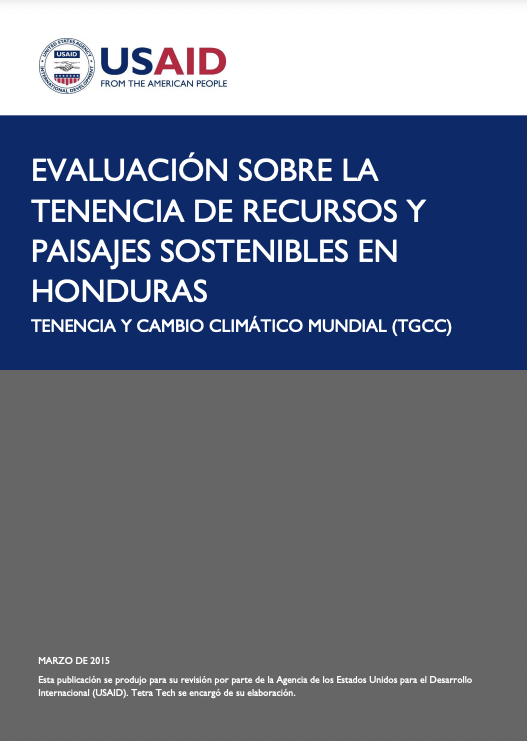Location
About Us
We envision a world in which land governance systems, both formal and informal, are effective, accessible, and responsive for all. This is possible when land tenure and property rights are recognized as critical development issues and when the United States Government and its development partners demonstrate consistent attention and a firm commitment to supporting coordinated policies and programs that clarify and strengthen the land tenure and property rights of all members of society, enabling broad-based economic growth, gender equality, reduced incidence of conflicts, enhanced food security, improved resilience to climate change, and effective natural resource management.
Mission Statement
The USAID Land Tenure and Resource Management (LTRM) Office will lead the United States Government to realize international efforts—in accordance with the U.S. Government’s Land Governance Policy—to clarify and strengthen the land tenure and property rights of all members of society—individuals, groups and legal entities, including those individuals and groups that are often marginalized, and the LTRM Office will help ensure that land governance systems are effective, accessible, and responsive. We will achieve this by testing innovative models for securing land tenure and property rights and disseminating best practice as it relates to securing land rights and improving resource governance within the USG and our development partners.
Members:
Resources
Displaying 41 - 45 of 440Upcoming Annual World Bank Conference on Land and Poverty
The 2015 World Bank Conference on Land and Poverty will take place at the World Bank Headquarters in Washington, D.C. on March 23 - 27, 2015. The theme of the 16th annual conference is "Linking Land Tenure and Use for Shared Prosperity.”
The Link Between Land and Gender-Based Violence
Guest commentary by Amanda Richardson, Resource Equity, and Ailey Kaiser Hughes, Landesa.
A growing body of evidence shows a correlation between gender-based violence (GBV) and land rights. Awareness of the possible GBV implications of land interventions is critical to understanding impacts on women.
USAID Webinar Shares Lessons around Land Tenure and Disasters
Tim Fella, Land Tenure and Conflict Advisor - USAID, moderating the panel discussion.
Evaluación sobre la Tenencia de Recursos y Paisajes Sostenibles en Honduras
Con una porción relevante de territorio cubierto de bosques, Honduras puede beneficiarse de implementar REDD+ tanto para contribuir a mitigar el cambio climático como para adaptarse a sus consecuencias. La adaptación al cambio climático es, sin lugar a dudas, una prioridad para el país, ya que éste ha afrontado eventos climáticos severos, incluyendo huracanes e inundaciones. En la actualidad, un abanico de actividades REDD+ se están implementando en el país, y también procesos de preparación para REDD+ con financiamiento de programas internacionales.
Operational Guidelines for Responsible Land-Based Investment
This guide discusses USAID’s recommendations for best practices related to the due diligence and structuring of land-based investments, with the goal of reducing risks and facilitating responsible projects that benefit both the private sector and local communities. It is designed to help companies identify practical steps to align their policies and actions with international policy consensus on land governance and land rights.




